I’m an artist, and if you give me a tuba, I’ll bring you something out of it.
I read that quote from John Lennon when I was just starting out on guitar and it made sense to me intrinsically. I figured that was what I was doing and would do: I would bring something out of the instrument with me even if I’d feel silly playing with B.B. King (the example Lennon gives). Often this is the attitude that separates the artist from the hobbyist. But it’s also an attitude that holds the artist back from becoming a Musician.
The Musicians I know can make music from any instrument. They understand whole-whole-half-whole-whole-whole-half creates a major scale and once they figure out the mechanics of an instrument, they can begin constructing chords and melodies. They won’t automatically have technique on any instrument but they can make music. The difference between that and art — bringing something out of an instrument — is essentially social: musicians can make music with other musicians because they all speak the same language, no matter the instruments.
There is a complementary thought I have to creating art and music : can you do it without relying on a crutch? What if that crutch is electricity?
I love electronic music. I love electronic effects for guitars. But I’d hate to be in a situation where I can’t make music because my music relies on having a charged battery or a plug. I don’t worry about these things in a conservative scolding manner (i.e. “The world is going to hell these days.”) but I do think that some of our new methods for creating music limit us because they rely on crutches.
You’ve probably seen synth pads arranged in grids. Things like the Kaosillator.
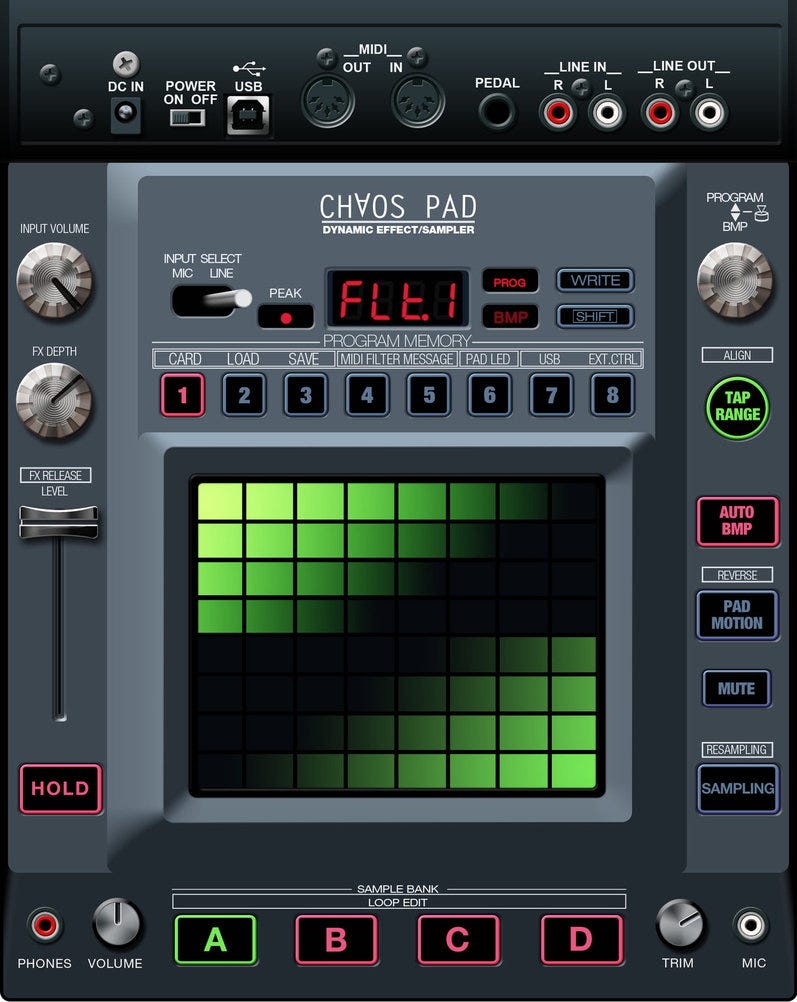
Usually, these pads shortcut musical mechanics by pre-loading what will sound “right” into that grid. For example, on my Kaosillator app, I select a key and mode for certain synth sounds.
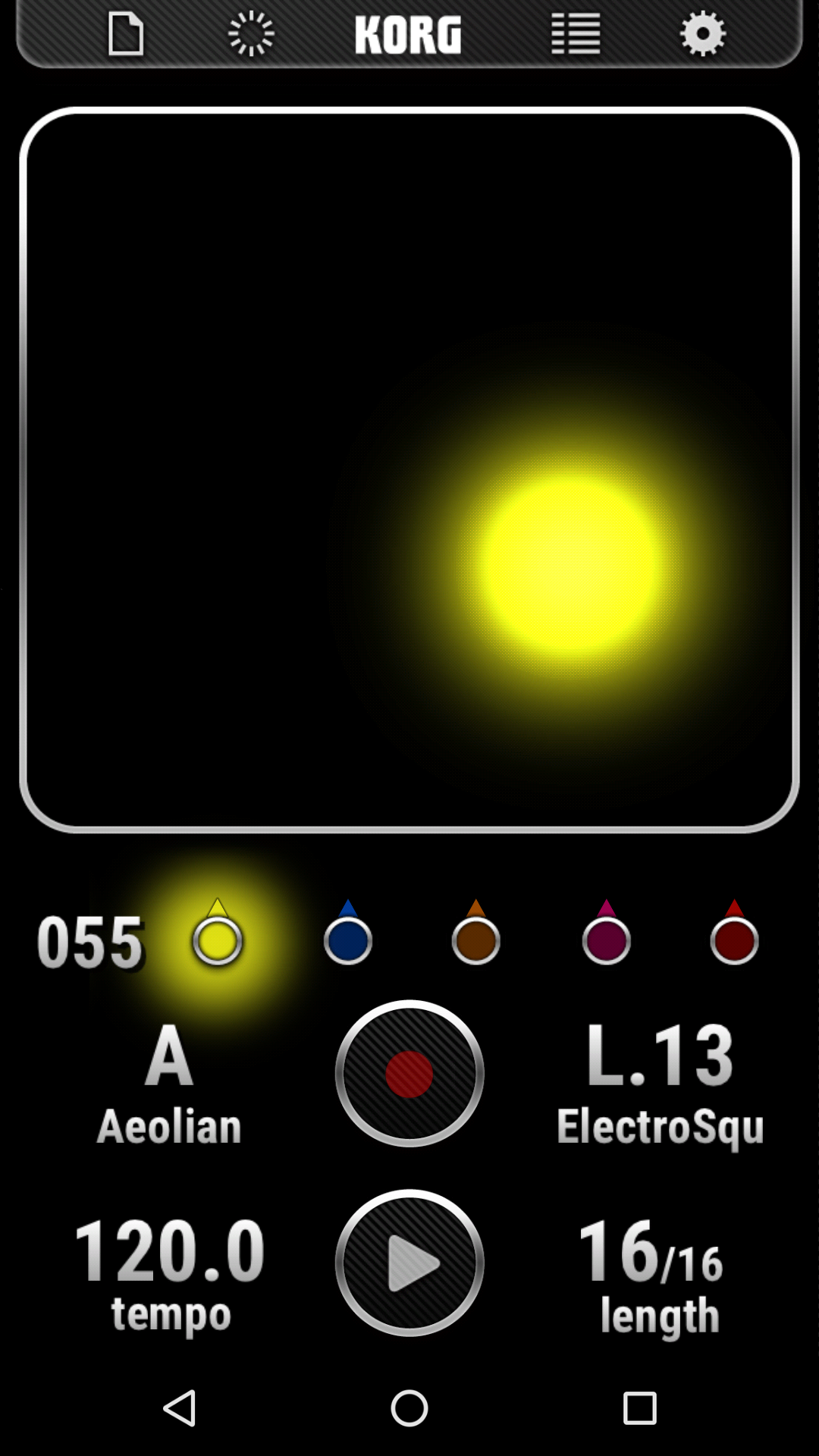
If I select A Aeolian, every note I hit on that pad will sound good with every other note because they’re all in the Aeolian mode of A. This is a great shortcut for creating synth lines on the fly that will absolutely sound good. But there is no mechanical indication on an app or most synth pads that will let the player know that A Aeolian is the natural minor of A and is the relative minor of C major, meaning this mode could be used over a C major chord progression and sound fine. On a guitar or keyboard, or any other physical instrument, you could see and feel that in the placement of the notes — you wouldn’t have to know the theory. But on a synth pad, all notes are played on the same pad.
This is a crutch that helps electronic musicians create music within the “rules” of theory so that their art is bringing something new out of those limitations. But it’s John Lennon’s tuba in reverse: if today’s electronic musicians cannot make music without electricity and pre-programmed rules, are they musicians or just artists with a different palette?
I say all this not to dismiss electronic tools but to encourage anyone making music to be curious about music theory and the shared language musicians use. I wasn’t curious for the longest time. In fact, I was actively dismissive of theory because I thought I could “bring something out” of my instrument better if I didn’t know the “rules.” The problem was that I couldn’t play well with others. I couldn’t make music in any context except my own.
In short, I think it’s a good thing to be able to play music in the dark, when the electricity goes out, without crutches and pre-programmed templates. It helps you grow as a musician. It helps you expand beyond your context. It helps you keep making music after the initial drive wears off.
Todd A barely knows anything about theory but you can read his thoughts on making music at the SongCast Indie Artist Insider.

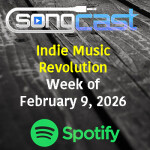
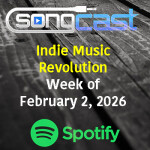
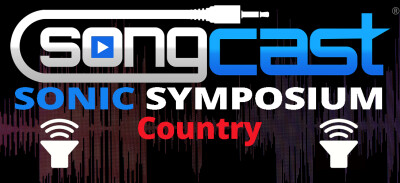
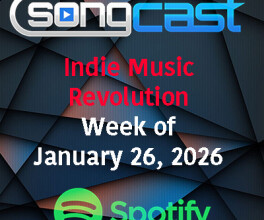
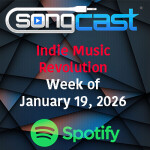
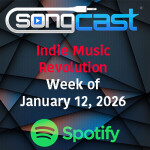
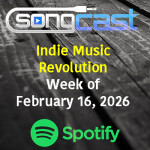
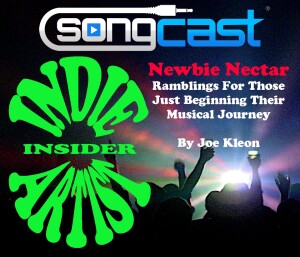

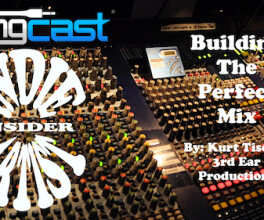
































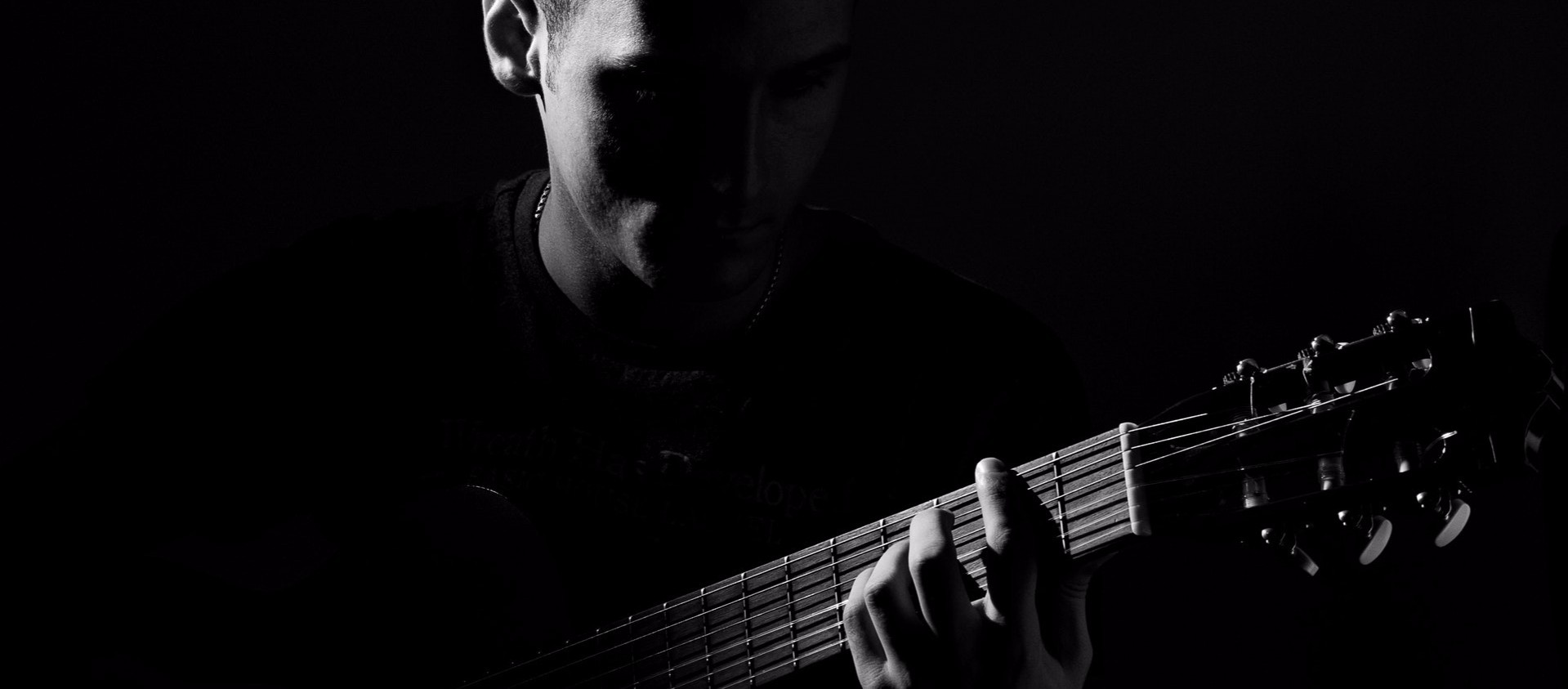
Comments
No comment